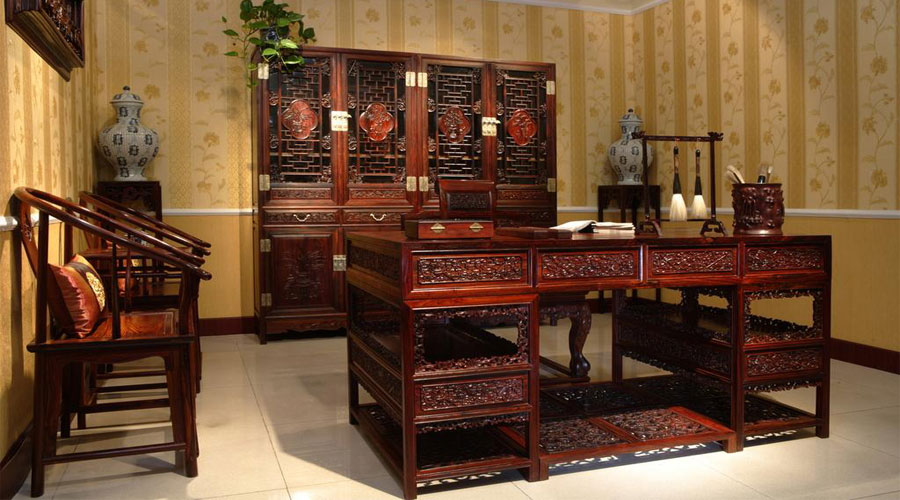Wood

木不凿不透,话不说不知
Wood unbored is impenetrable; words unexpressed are obscure.
The proverb suggests that people should be straightforward and make their meaning clear.
木受绳则直,金就砺则利
Wood that has been marked with the plumb-line will be straight, and metal that has been put to the whetstone will be sharp.
The proverb is used to mean that preparation and starting conditions are crucial for successful execution.
木受绳则直,人受谏则圣
Wood made with a carpenter’s ruler will be straight, and the sovereign who follows his ministers’ advice will be wise.
Another translation of this proverb in English is as follows: As wood following out the carpenter’s ruler becomes straight, so a prince by following good advice becomes a sage. And this proverb is used to mean that a person who is good at listening to others’ advice will attain his goal.
木朽虫生,墙罅蚁入
Rotten wood attracts insects, and a crack in a wall invites ants.
The phrase is used metaphorically to mean that foreign invasion is usually caused by internal disorder.
木无本必枯,水无源必竭
A tree without its root will shrivel; water without its source will dry up.
It is used metaphorically to mean that all matters cannot get away from the source.
木欣欣以向荣,泉涓涓而始流
Trees are thriving and vigorous, while springs flow murmuring and look marvelous.
It is commonly used to describe the scenery of early spring.
